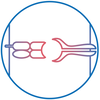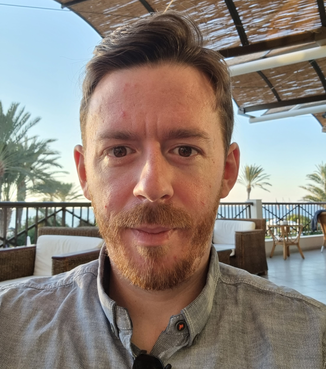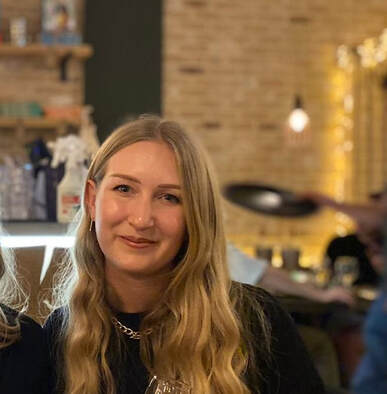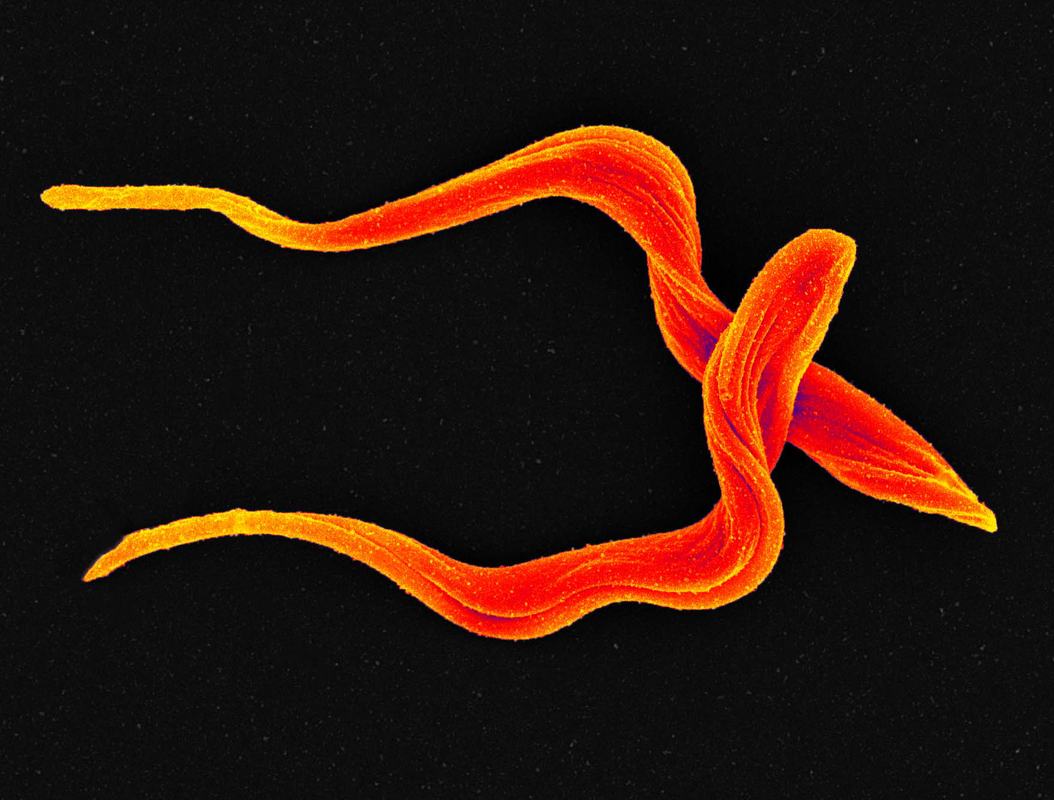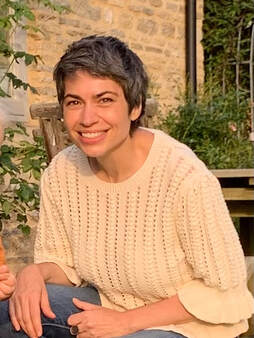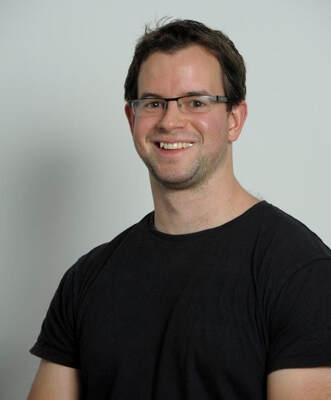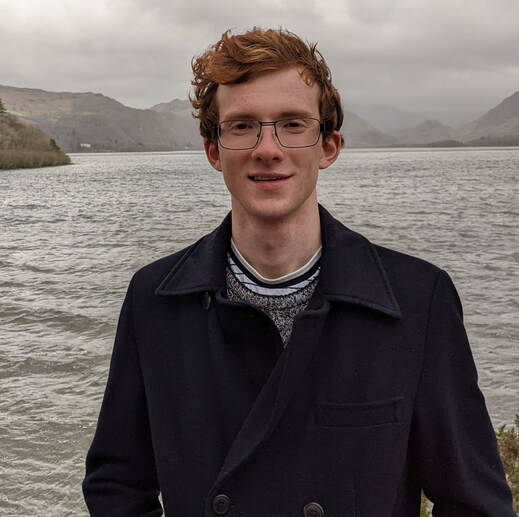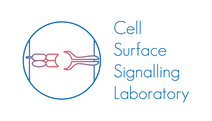Lab Members
Gavin Wright
|
|
Adam Roberts
I was awarded a PhD by the University of Dundee for validating drug targets in Trypanosoma cruzi, the cause of Chagas disease in Latin America, work carried out in Professor Alan Fairlambs lab. I also spent a postdoc in Alan’s lab studying the mechanism of action of several promising drugs in the same parasite before moving to Gavin’s lab in 2017 to working on several projects relating to the parasite Leishmania donovani, which causes visceral leishmaniasis. These have included using high throughput genetic screens to identify vaccine candidates and identifying a missing component of a pathway essential for establishing an infection. My current project is the development of a better diagnostic test for the rapid diagnosis of infection.
|
|
Hannah Davies
I graduated from Durham University with a degree in Biological Sciences before completing a master’s degree in Immunology of Infectious Diseases at the London School of Hygiene and Tropical Medicine. This included a research project at the Francis Crick Institute in Professor Mike Blackman’s lab characterising potential drug targets for malaria. Following this, I pursued my interest in malaria by working as a research assistant in Professor Simon Draper’s lab at Oxford University, where I produced recombinant proteins and antibodies to support development of vaccines against the blood-stage of this disease. I am now studying for a PhD in the Wright laboratory where I am investigating vaccine targets for Trypanosoma vivax and Trypanosoma congolense, the causative agents of Animal African Trypanosomiasis. I hope to identify common biological properties of these proteins and understand their mechanism of protection, with an aim to streamline the identification of novel vaccine candidates for other parasitic diseases.
|
Delphine AuthemanI’m interested in finding vaccine targets against Animal African trypanosomiasis (AAT) by using a reverse vaccinology approach. By compiling a large library of recombinant proteins representative of the T. vivax parasite cell surface and using a mouse model, we have discovered of a novel invariant antigen against Trypanosoma vivax infection that we named IFX for 'invariant flagellum antigen from T. vivax'.
I graduated with a Master degree in Neuroscience from the University of Claude Bernard Lyon 1 (France) in 2008 and with a PhD from the University of Bern (Switzerland) in 2012 investigating brain endogenous mechanisms of protection. As I developed a strong interest in Tropical Neglected Diseases, I joined the Pasteur Institute (France) for a first postdoc to investigate therapies against Trypanosoma cruzi, the causative agent of Chagas disease. I joined Pr. Gavin Wright’s lab in 2015 at the Wellcome Sanger Institute (UK) to start a research project aiming at identifying vaccine candidates for AAT. I relocated to the University of York in October 2021 when the Wright’s lab moved there, to use a similar approach for identifying protective vaccine targets against Trypanosoma congolense parasite and to try reproducing IFX-vaccination induced protection in cattle |
|
Cristina Viola
Cristina is a post doctoral researcher and lab manager in the Wright Group. She did her Undergraduate and Masters degree at the University of Toronto and her PhD at the EMBL in Grenoble, followed by post doctoral research in the York Structural Biology Laboratory. Her research interests include the structural biology of protein complexes. During her PhD she characterized sub-complexes of TFIID and her post doctoral work at the YSBL involved structural characterisation of the Insulin receptor and insect insulin-like binding proteins. Cristina’s skills include recombinant expression using bacterial and eukaryotic expression systems and biophysical and biochemical techniques such as protein crystallization, cryoEM, ITC and SPR. In the Wright Group, she is studying newly discovered protein interactions at the host-parasite interface and will use her experience in structural biology to provide atomic resolution information of these complexes.
|
|
Vincent Geoghegan
Vincent Geoghegan is a post-doctoral research associate in the lab of Prof. Gavin Wright with a background in mass spectrometry based proteomics. He is interested in host-parasite interactions and has used various mass spectrometry techniques to study both the fundamental biology of parasites and their interactions with the host. He began his research career with a D.Phil. from the Sir William Dunn School of Pathology at the University of Oxford where he investigated the role of protein arginine methylation in T-lymphocytes using mass spectrometry based proteomics, under the supervision of Prof. Oreste Acuto. Subsequently, working under Prof. Steven Sinkins at the University of Lancaster and University of Glasgow, he applied his experience of proteomics to investigate Wolbachia-host interactions and the mechanism of viral inhibition induced by this bacterium. Vincent then moved to the University of York to work under Prof. Jeremy Mottram, where he used proximity biotinylation and phosphoproteomics to gain insight into the unique kinetochore of Leishmania parasites. After a project in Prof. Luke Alphey’s lab at the Pirbright Institute working on honey bee viruses, Vincent returned to the University of York, joining Prof. Gavin Wright’s lab to work on discovering interactions between malaria RIFIN proteins and human immune cell surface proteins. In his spare time Vincent enjoys gardening and beekeeping. |
|
Joe Whitehead
Joe is a PhD student in the Wright group. Joe graduate from Durham University with an Integrated Master’s degree in Biosciences in summer 2022. For his final project, Joe investigated a hypothetical protein encoded by the genome of Leishmania mexicana – a causative agent of cutaneous leishmaniasis. This is a vector-borne neglected tropical disease. In October 2022, Joe joined the Wright group. He is currently researching immunoregulation by Plasmodium vivax, which causes chronic malaria. Outside of research, Joe enjoys fencing and beekeeping. |
|
Hayley Shaw
Hayley graduated from the University of Dundee with an Integrated Master’s degree in Biological Sciences in 2019 before staying in Dundee to study for a PhD in the group of Dr David Murray. Her PhD focused mainly on the intersection of protein trafficking and cell polarity. During her studies she gained expertise in cell culture, protein purification and microscopy. She joined the Wright group in 2024 as a technician, a role in which she can apply her knowledge of these technical skills. In her spare time, she enjoys reading fantasy novels and partaking in many aspects of music including learning to play guitar. |
